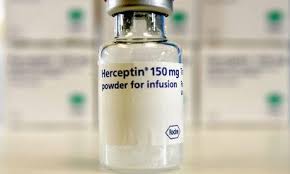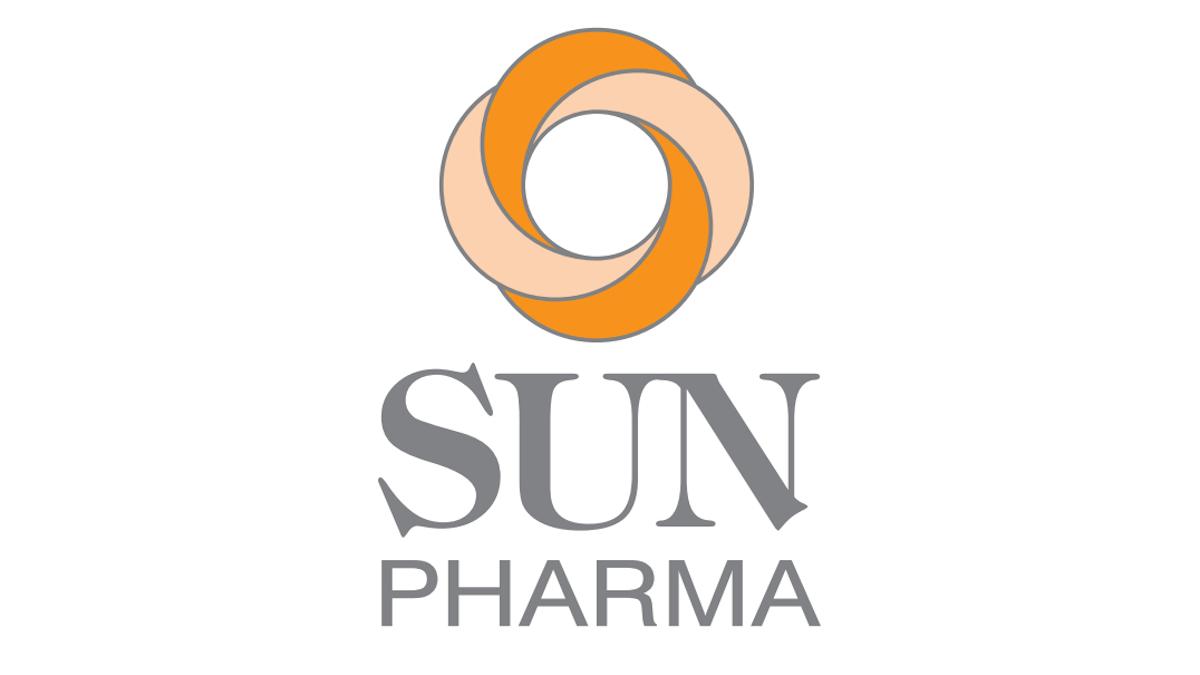Celltrion/Teva's Herceptin biosimilar approved in US

The FDA has approved Celltrion and Teva’s biosimilar of Roche’s breast cancer drug Herceptin, the second potential competitor to the cancer blockbuster in the US.
Herceptin is due to go off patent in the US next year, and Mylan and Biocon already got their biosimilar of the drug approved by the FDA last December.
Biosimilars are follow-on copies of biologic drugs that have been shown to be as safe and effective as the originator drugs, and are sold at a considerable discount to the original drug.
However due to the complexity of producing biologic drugs in living cells, they are unlikely to be identical copies, with regulators allowing scope for slight changes that do not affect the drug’s performance in a rigorous set of tests and trials.
The approval piles the pressure on Roche, which until now has been enjoying annual revenues of around $21 billion from three blockbuster drugs used mainly in cancer – Herceptin (trastuzumab), Rituxan/MabThera (rituximab) and Avastin (bevacizumab).
All three are threatened by biosimilar competition, although Mylan and Celltrion will be unable to launch Herceptin in the US until the patent expires.
There was no immediate word from the companies about when they plan to launch. Celltrion and Teva began an exclusive partnership in October 2016 to market Herzuma in the US and Canada.
Herzuma has been approved by the FDA in several breast cancer indications, but not in stomach cancer, where Herceptin can also be used.
Celltrion and Teva also have the first Rituxan biosimilar approved in the US, under the brand name Truxima, which was given the green light by the FDA at the end of November.
Woosung Kee, CEO of Celltrion, said: “This is our second oncology biosimilar approval in the United States in the past month, which reinforces the goal for all of our approved products - providing broader treatment options for patients and the providers who treat them.”













